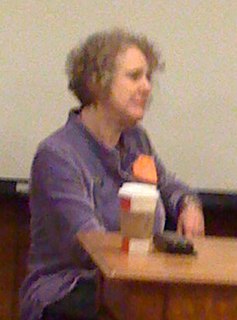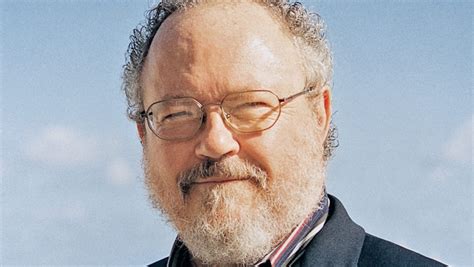A Quote by William Cowper
Friends, books, a garden, and perhaps his pen,
Delightful industry enjoy'd at home,
An Nature, in her cultivated trim
Dress'ed to his taste, inviting him abroad -
Can he want occupation who has these?
Related Quotes
Every one knows about the young man who falls in love with the chorus-girl because she can kick his hat off, and his sister's friends can't or won't. But the youth who marries her, expecting that all her departures from convention will be as agile or as delightful to him as that, is still the classic example of folly.
Gabriel pulled her over his body to lie on the bed beside him. His kisses pressed her down into the oblivion of the mattress as her hands explored his chest, his shoulders, his face. "I want to lay my kill at your feet," he said, more growl than words, and held her tight by her hair as he marked her neck with his teeth. She writhed against him. She wanted to bite him, she wanted to rip the flesh from his back, but most terrible of all, she didn't want him to stop. Her back arched, her body shattered, she howled.
When my husband had an affair with someone else I watched his eyes glaze over when we ate dinner together and I heard him singing to himself without me, and when he tended the garden it was not for me. He was courteous and polite; he enjoyed being at home, but in the fantasy of his home I was not the one who sat opposite him and laughed at his jokes. He didn't want to change anything; he liked his life. The only thing he wanted to change was me.
He was the man who of all modern, and perhaps ancient poets, had the largest and most comprehensive soul. . . . He was naturally learn'd; he needed not the spectacles of books to read Nature; he looked inwards, and found her there. . . . He is many times flat, insipid; his comic wit degenerating in to clenches, his serious swelling into bombast. But he is always great, when some occasion is presented to him.
It was at first almost as if he hadn't wanted to kiss her. His mouth was hard on hers, unyielding; then he put both arms around her and pulled her against him. His lips softened. She could feel the rapid beat of his heart, taste the sweetness of apples still on his mouth. She wound her hands into his hair, as she'd wanted to do since the first time she'd seen him. His hair curled around her fingers, silky and fine. Her heart was hammering, and there was a rushing sound in her ears, like beating wings
His desperation and misery swept her up like a storm capturing the sea. She turned her mind to even these feelings, because they were his, like his terrified rage in the lift when they had first met, being wrapped in his arms in the cold well, being dazzled by his wonder at the woods and her home and her. Like being a child, awareness of him the morning chorus that woke her and the lullaby that sent her to sleep, his thoughts always her first and last song.I love you, Kami told him, and cut.
A woman knows very well that, though a wit sends her his poems, praises her judgment, solicits her criticism, and drinks her tea, this by no means signifies that he respects her opinions, admires her understanding, or will refuse, though the rapier is denied him, to run through the body with his pen.
It occurred to Dr. Lecter in the moment that with all his knowledge and intrusion, he could never entirely predict her, or own her at all. He could feed the caterpillar, he could whisper through the chrysalis; what hatched out followed its own nature and was beyond him. He wondered if she had the .45 on her leg beneath the gown. Clarice Starling smiled at him then, the cabochons caught the firelight and the monster was lost in self-congratulation at his own exquisite taste and cunning.
There was a warmth of fury in his last phrases. He meant she loved him more than he her. Perhaps he could not love her. Perhaps she had not in herself that which he wanted. It was the deepest motive of her soul, this self-mistrust. It was so deep she dared neither realise nor acknowledge. Perhaps she was deficient. Like an infinitely subtle shame, it kept her always back. If it were so, she would do without him. She would never let herself want him. She would merely see.
A man is known by the books he reads, by the company he keeps, by the praise he gives, by his dress, by his tastes, by his distastes, by the stories he tells, by his gait, by the notion of his eye, by the look of his house, of his chamber; for nothing on earth is solitary but every thing hath affinities infinite.






































